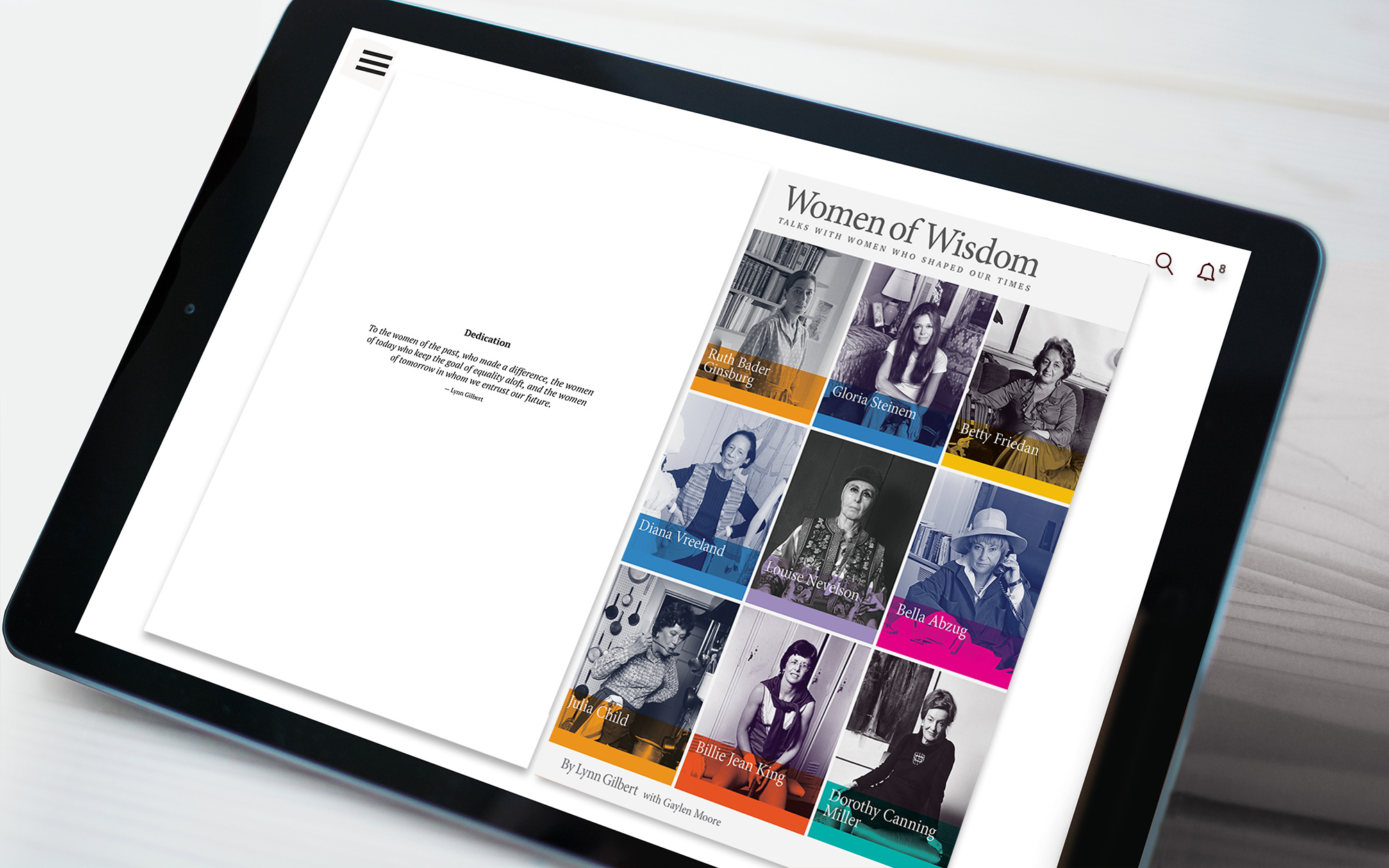"It wasn’t as hard to go to law school, being married and with a child, as people think. I thought it would be an overwhelming burden and when I became pregnant I began to think I would never earn a law degree. Early on, my father-in-law said to me that if I decided not to go to law school because of this baby, that would be fine. No one would think the less of me for making that decision. But if I really wanted to be a lawyer, having a baby wouldn’t stand in my way. I realized he was absolutely right and I think he gave me sound advice for most things in life. If you want to do something badly enough you find a way, somehow you manage."
— Ruth Bader Ginsburg, in Particular Passions: Talks With Women Who Shaped Our Times, by Lynn Gilbert.
Enjoy the oral interview of Ruth Bader Ginsburg from the later 1970s; one of 42 oral interviews captured in Particular Passions: Talks With Women Who Shaped Our Times
The oral biography of Ruth Bader Ginsburg, who continues to contribute to civil and women’s rights as a U.S. Supreme Court justice. Available at Apple and Amazon.








